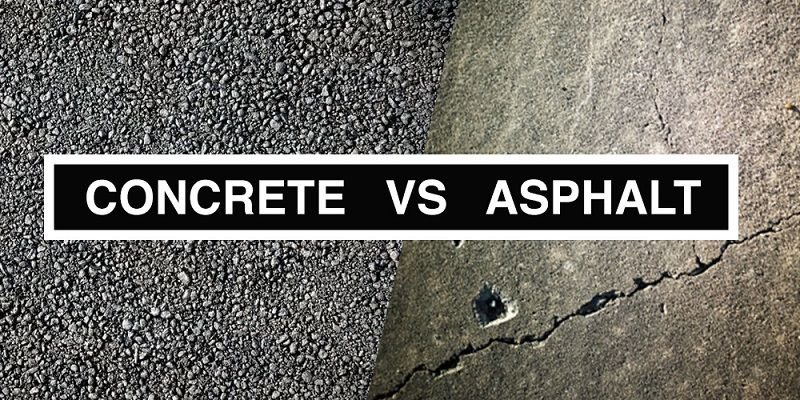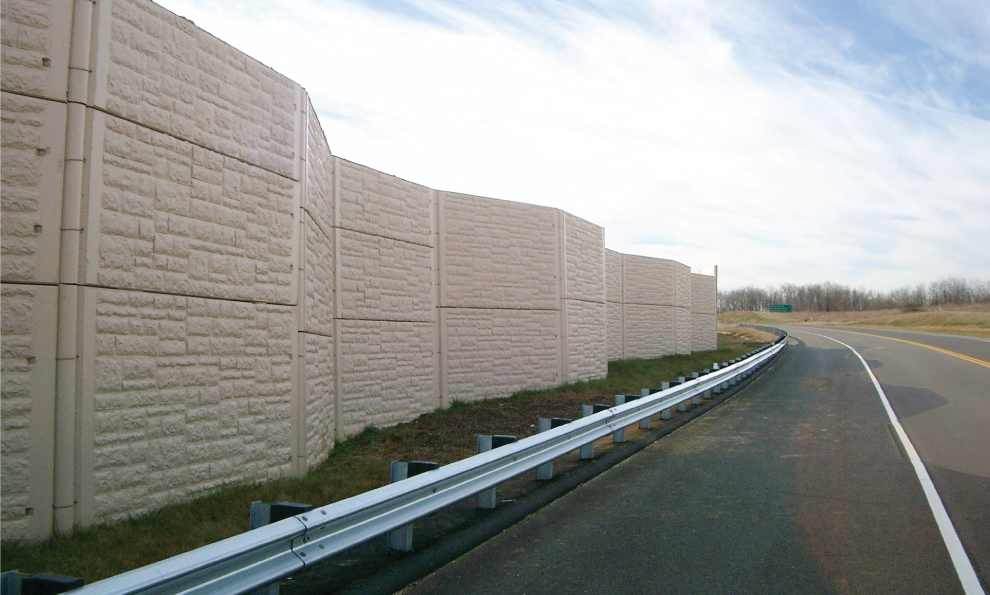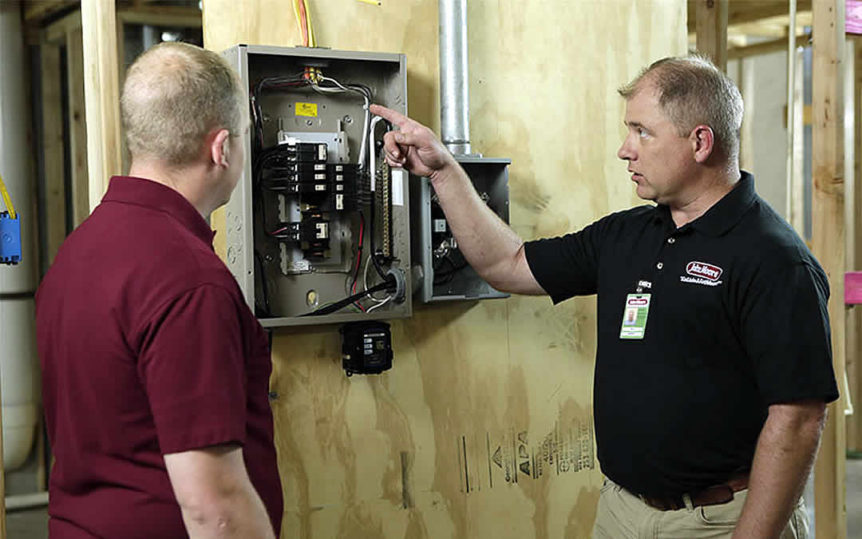
Introduction
When you want to build a walkway or driveway, you have two popular options on the market — asphalt and concrete. While there are other options, they usually break the bank without providing equally valuable benefits. You can build your driveway or pathway yourself or hire professionals to do the job by searching for “paving companies near me”. However, before that, let’s check out whether you should choose asphalt or concrete:
The Details
- Concrete provides more aesthetic options – In its basic form, asphalt driveways or pathways are usually black, or in one of the million shades of grey. With improvements in technology, colorful asphalt is becoming a thing. However, it’s very new and costs an exorbitant amount of money. You have to pay the early adopter tax if you want it on your driveway or pathway. You’re better off opting for it if you want a unified look that merges into the street.
On the other hand, concrete has been available in all sorts of colors and shapes you want. Staining or tinting concrete is a widely used technology and is very inexpensive. Moreover, you can stamp or brush all sorts of shapes, patterns, and textures on the concrete surface. It is so versatile that you can recreate the look of a brick driveway with concrete at a fraction of the cost.
- Both are vulnerable to temperature changes – Both asphalt and concrete are affected by temperatures in a major way. That’s why you need to take the local climate into account before you hire a contractor.
During hot summers when the temperature soars, asphalt will become very sticky. It goes through the cycle of softening at high temperatures, gets re-hardened when the temperature drops after dark, and softens up due to extreme heat on the next day. This causes the asphalt to crack or develop other signs of damage.
On the other hand, a concrete driveway can tolerate soaring temperatures. However, it doesn’t do well in extreme cold. If you don’t winterize concrete properly, it will crack, buckle or heave at very low temperatures. Moreover, when you use salt to melt ice, it can leave ugly stains and marks on the concrete.
If you live in a very hot climate where snowy winters are rare, concrete is the ideal choice. On the other hand, if you live in parts of the country where you face frigid winters, asphalt may be a better option.
- Asphalt needs regular sealing and repairs – After a few months of installing a brand-new asphalt driveway, it needs to be resealed. This is done to protect the asphalt surface and extend its lifespan. After this, the driveway needs to be resealed every couple of years or more frequently if the climate changes to become harsher.
A good can of sealant will cost you over $100. On the flip side, sealing isn’t necessary for concrete driveways. You can make do without sealing a concrete driveway. However, sealing is recommended to prevent your driveway from fading.
It’s also important to note that while asphalt and concrete are both prone to cracking and damage, concrete comes out on top in durability. Asphalt cracks very easily and needs to be repaired quite often. While it’s easy to repair asphalt, the frequent repairs can add up to a lot of money and wasted time. While concrete is more difficult to repair, you won’t need to do it as often.
- Staining – When it comes to stains, you’ll have an easier time with asphalt. The dark and matte surface of asphalt does an excellent job at hiding most stains and blemishes. Concrete isn’t so kind. Everything from engine oil and brake fluid to rust and gas drips will leave a mark on concrete.
If you get a pale shade of concrete, it will show every spill and mark and ruin the look of your driveway within a few months. That’s why you need to use more aggressive cleaning agents and methods to properly remove clean and degrease concrete surfaces. With asphalt, a blast of pressure washer usually gets the job done.
- Durability – If you live in a hot climate more suited to concrete and get it installed by a reputed contractor, your driveway will last for decades. With proper maintenance, you can expect your concrete driveway to last for almost half a century.
Contrary to that, asphalt driveways would last you for 20 years if you’re lucky. While you need to spend some money in maintaining both in pristine conditions, you’ll probably spend more time, energy, and money repairing and resealing your asphalt driveway.
- Cost – While concrete has a significant advantage in durability, asphalt makes up for it and takes the lead in affordability. A typical concrete driveway would cost you around 1.5 times more than a typical asphalt driveway.
Various price index websites report that on average asphalt costs homeowners around $2-$3 every square foot while they pay a bit more than $4 on every square foot on concrete. This cost climbs up when you want the concrete driveway or pathway to be of a certain color and texture.
Even when you factor in the frequent repair and sealing costs of asphalt, it isn’t enough to offset the overall installation and maintenance cost of the concrete driveway. Asphalt will always have a price advantage unless you opt for colored asphalt.
- Environmental impact – Both asphalt and concrete have high carbon footprints and aren’t your typical green materials for paving your driveway. However, concrete has a more severe impact on the environment compared to asphalt. Asphalt pavements and driveways can be easily recycled. They can be ground up and reused in a different project. This isn’t always the case for concrete and at times it needs special facilities for safe disposal.
Conclusion
Now that you know about the advantages and disadvantages of both materials over each other, you’ll have an easier time making the right choice. Either way, to get a professionally constructed driveway or pathway, search for “paving companies near me”.





